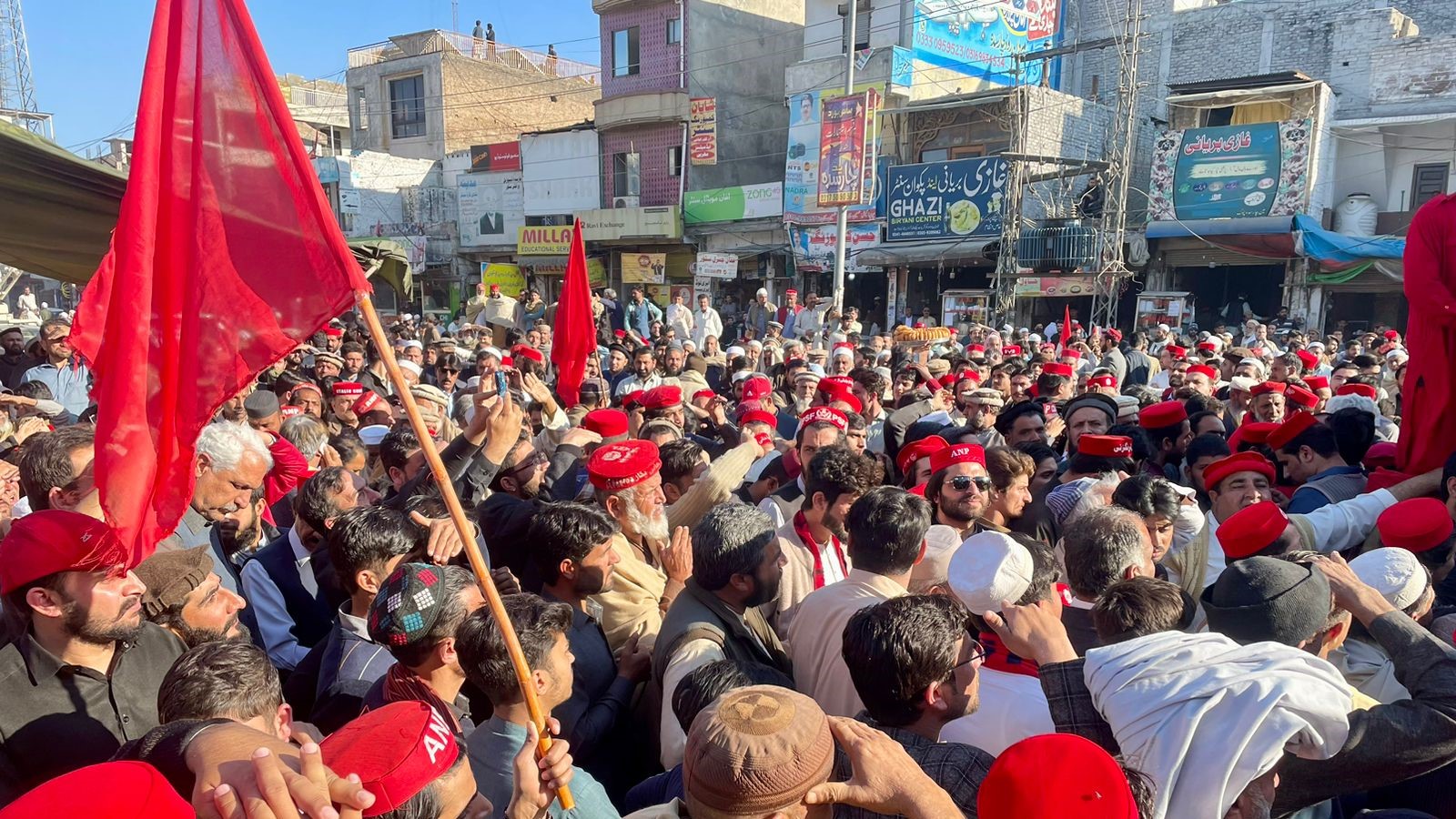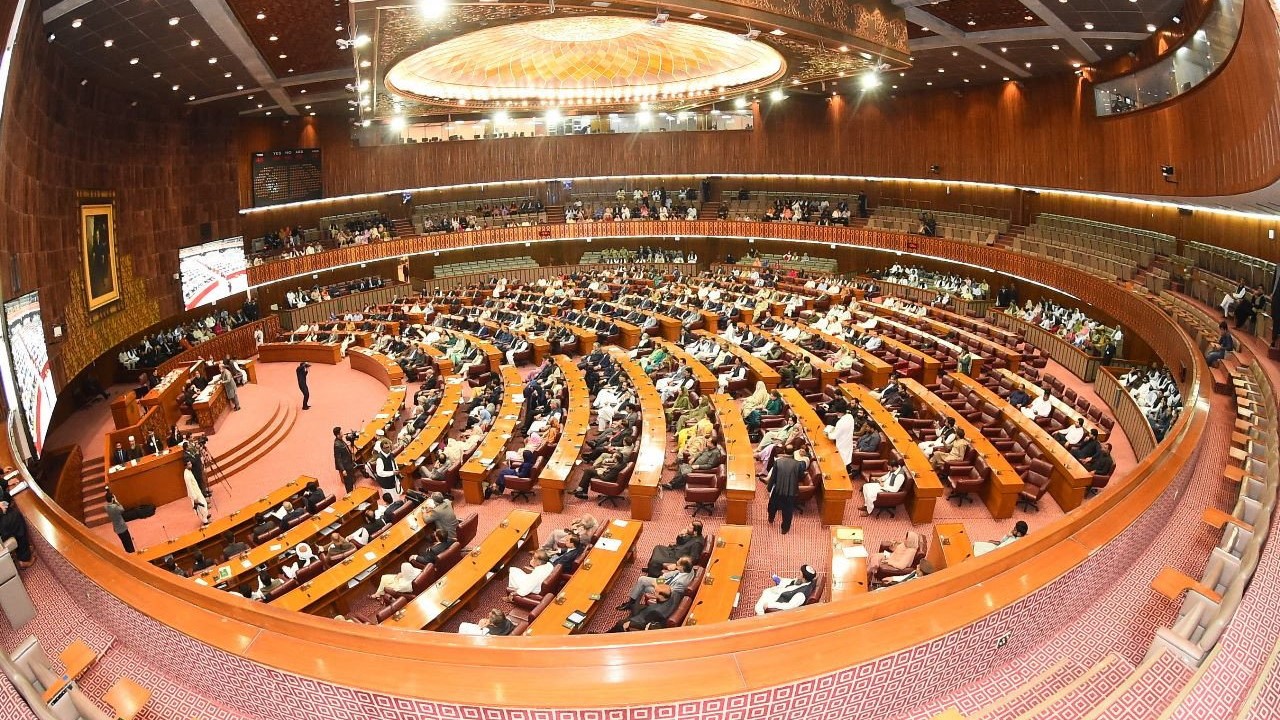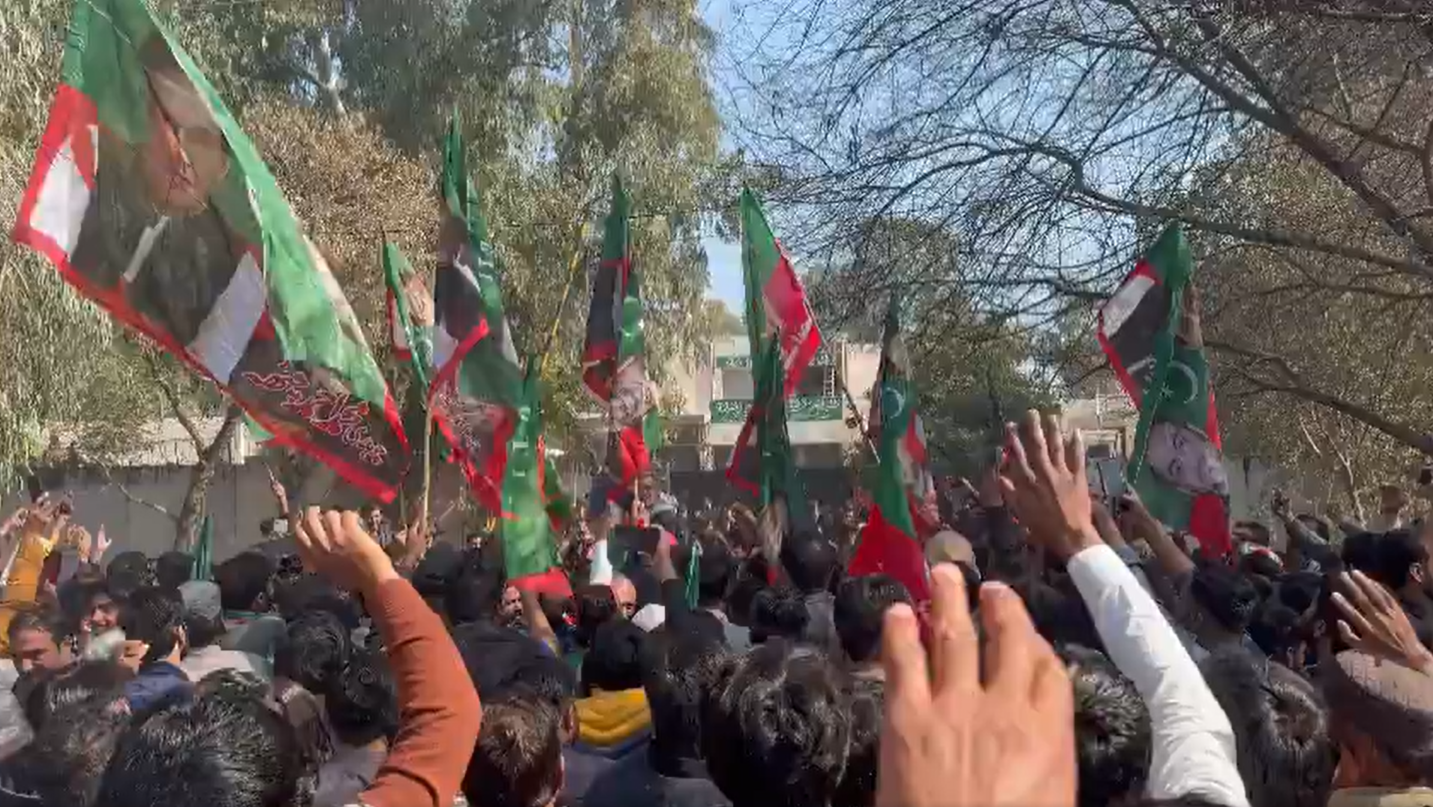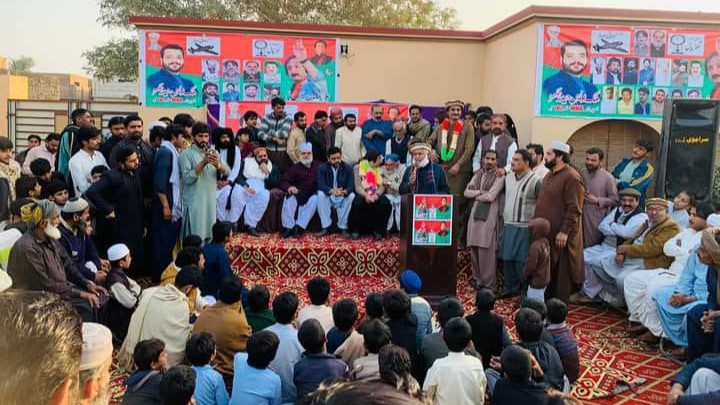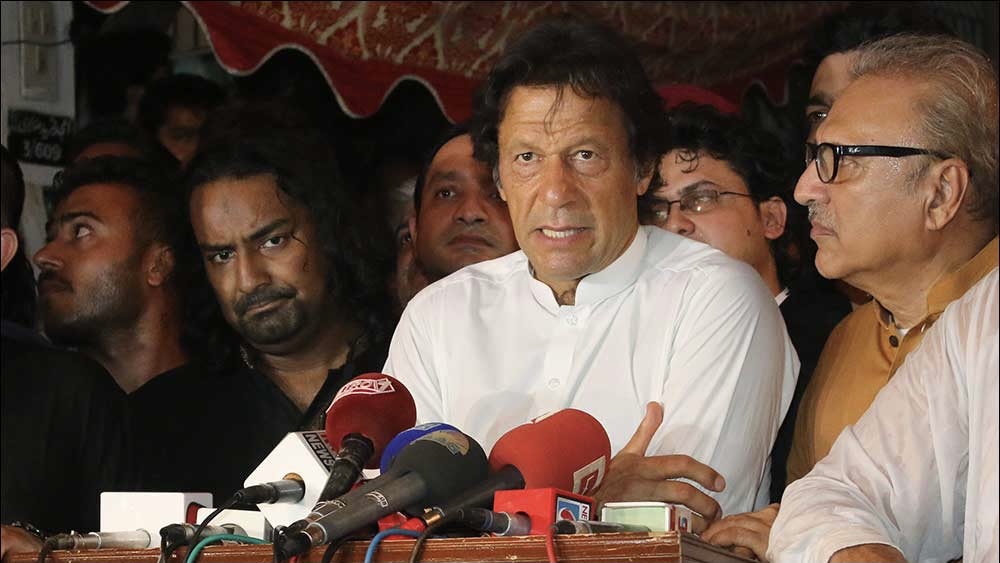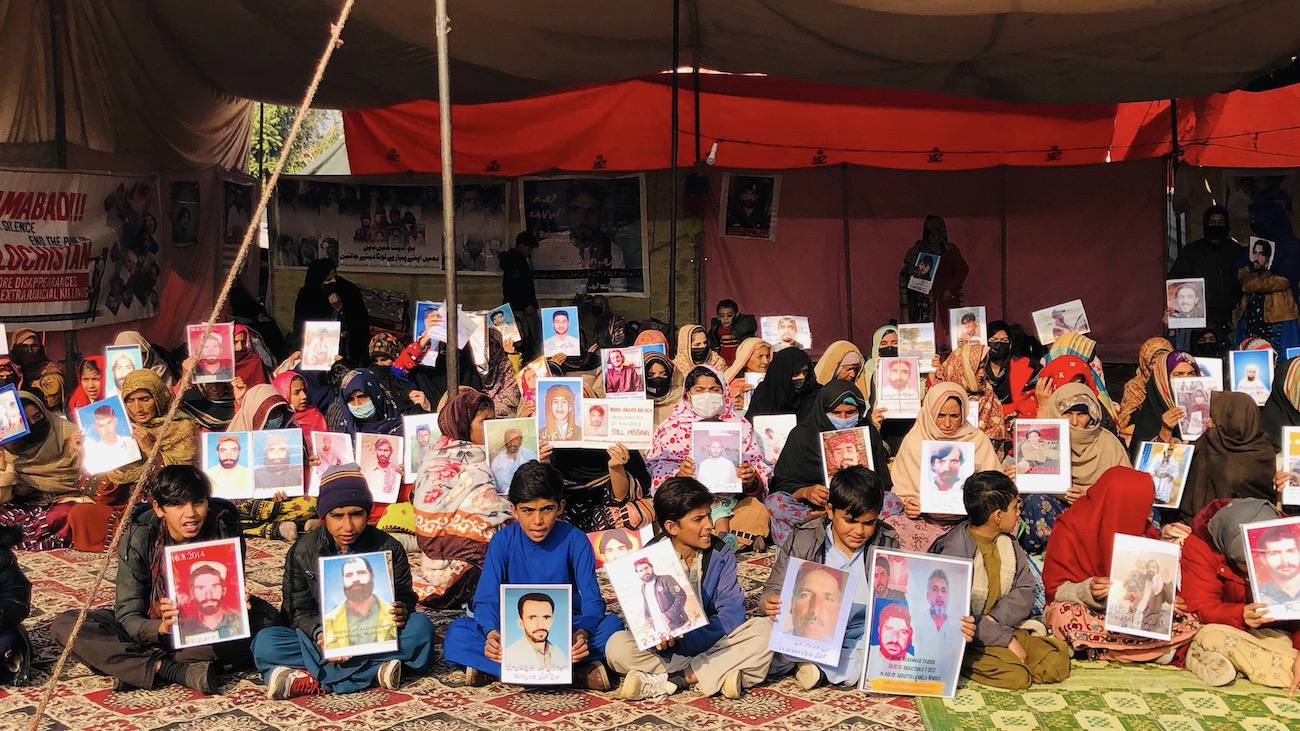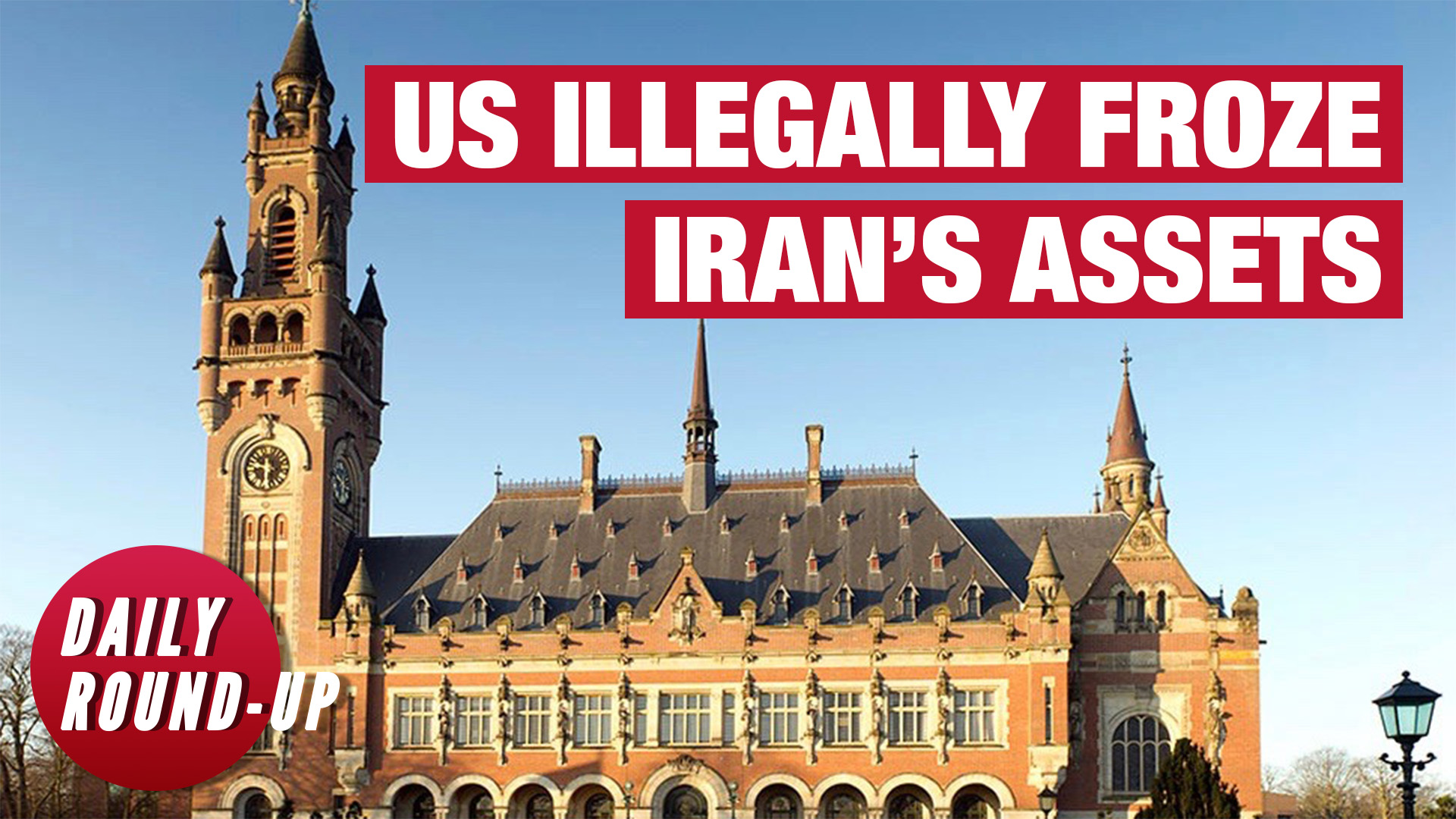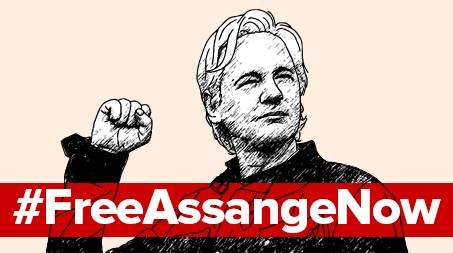The Pakistan Muslim League Nawaz (PML-N) and Pakistan Peoples Party (PPP) have agreed to form the new government. However, several parties, including Imran Khan’s PTI, have refused to accept the results and have alleged widespread rigging
Former Prime Minister Imran Khan’s party, the PTI, has been staging protests alleging rigging and other irregularities in Pakistan’s election. Meanwhile, discussions are on among parties to form a new government
The Pakistan Tehreek e-Insaf had alleged persecution by the army and the ruling elite in the run up to the elections, with Khan jailed and barred from contesting and the party denied its electoral symbol
Despite legal troubles, former Prime Minister Imran Khan remains the most popular figure in Pakistan. Meanwhile, economic problems such as price hike and poverty emerge as the most important issues in the current election season
Wednesday’s sentencing is the third for the former prime minister of Pakistan who has alleged that he is being persecuted by the army and political class in response to pressure from the US
Imran Khan has been sentenced by a special court for allegedly disclosing a diplomatic cable. The former PM has maintained that the document contains proof of a conspiracy involving the military and the US that led to his ouster from office in 2022
Pakistan’s strike was in retaliation to an Iranian attack on Tuesday which targeted against alleged bases of the group Jaish al-Adl. The terrorist outfit had claimed responsibility for a attack in Iran in December
The shutdown came in response to attempts by officials to label the Baloch long march as mere propaganda. The sit-in protests against the extrajudicial killings in Islamabad have completed 43 days
Families of Balochi victims of enforced disappearances have been on a sit-in protest for the past nine days after a 1,600-km-long march
The Supreme Court decision to permit military trials of civilians reversed its own decision from October. The ruling comes in the context of military trials against opposition leaders and members for the May protests after the arrest of former Prime Minister Imran Khan
With these expulsion orders ahead of winters, an estimated 1.7 million undocumented Afghan migrants are facing an uncertain fate with a rampant economic crisis in Afghanistan under the Taliban regime, and escalating hunger and poverty.
Thousands of vulnerable refugees have fled Pakistan for the fear of being detained, while hundreds houses of have been razed by authorities


